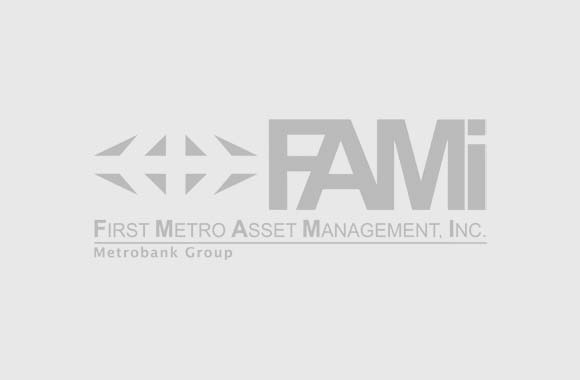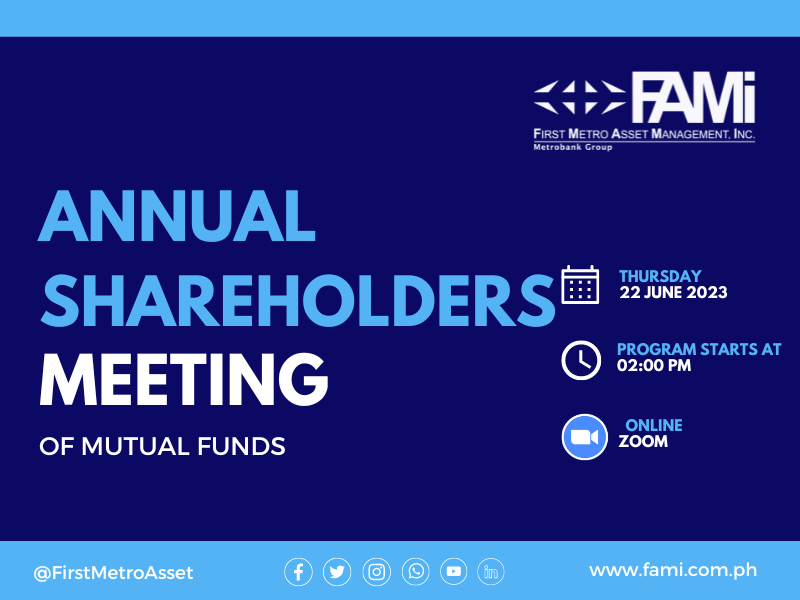 Desperate times call for desperate measures, and when we find ourselves in financial dire straits, some of us have no recourse than to borrow money. But when it comes time to pay up, and you find yourself unable to do so, the cycle of desperation begins anew. Even the act of using a credit card, which is essentially paying with money that you do not have, is basically getting yourself into debt. However, there are some steps that you can take to earn back the money needed to pay off your debt.
The first step in getting out of debt is to not add even more debt. This can be a problem particularly to those who use multiple credit cards. Get rid of your extra credit cards once you’ve maxed them out. This goes the same for special discount cards offered up by certain establishments. Retain your one good credit card, and this should be the only card you will use for your purchases until you can get a handle on your spending impulses. To help discipline yourself, make a record of all your expenses. In all likelihood, the debt that you have incurred isn’t from a single big purchase, but an accumulation of purchases over a period of time. By writing down all of your expenses, even the small ones, you can keep track of where you spend your money.
It would also help if you group your expenses according to specific categories. The first category would be your Must-have expenses, which are your essential expenditures, such as food, house payments, water and energy bills, and the like. The next category is for expenses on things that you want, but aren’t really a priority. Like, you may be thinking of buying yourself some new clothes, but unless you had somehow lost all the clothes that you had previously owned, you might be able to hold off shopping for new ones for a little while. By categorizing your expenditures, you can work out which of your expenses take precedence and which of them you can cut down on.
At the end of the month, write down how much money you’ve spent on each expense category, and use the information to plan out your budget for the following month. Once you are able to tell the necessary expenses from the unnecessary ones, you can determine what part of your budget you can scale back on. You can then allocate that amount of money you have trimmed from your budget into a fund for paying off your debt. It is also important keep track of how much money you owe, who you are indebted to, as well as the terms of the debt. The debt with the highest interest rate should be your first priority. You can make minimum payments to your low interest debts and use the majority of your payoff fund on the high interest ones. Paying off your biggest debts first would give you the biggest sense of relief.
Image Credit: http://www.jeffmajka.com and fairloanrate.com
Desperate times call for desperate measures, and when we find ourselves in financial dire straits, some of us have no recourse than to borrow money. But when it comes time to pay up, and you find yourself unable to do so, the cycle of desperation begins anew. Even the act of using a credit card, which is essentially paying with money that you do not have, is basically getting yourself into debt. However, there are some steps that you can take to earn back the money needed to pay off your debt.
The first step in getting out of debt is to not add even more debt. This can be a problem particularly to those who use multiple credit cards. Get rid of your extra credit cards once you’ve maxed them out. This goes the same for special discount cards offered up by certain establishments. Retain your one good credit card, and this should be the only card you will use for your purchases until you can get a handle on your spending impulses. To help discipline yourself, make a record of all your expenses. In all likelihood, the debt that you have incurred isn’t from a single big purchase, but an accumulation of purchases over a period of time. By writing down all of your expenses, even the small ones, you can keep track of where you spend your money.
It would also help if you group your expenses according to specific categories. The first category would be your Must-have expenses, which are your essential expenditures, such as food, house payments, water and energy bills, and the like. The next category is for expenses on things that you want, but aren’t really a priority. Like, you may be thinking of buying yourself some new clothes, but unless you had somehow lost all the clothes that you had previously owned, you might be able to hold off shopping for new ones for a little while. By categorizing your expenditures, you can work out which of your expenses take precedence and which of them you can cut down on.
At the end of the month, write down how much money you’ve spent on each expense category, and use the information to plan out your budget for the following month. Once you are able to tell the necessary expenses from the unnecessary ones, you can determine what part of your budget you can scale back on. You can then allocate that amount of money you have trimmed from your budget into a fund for paying off your debt. It is also important keep track of how much money you owe, who you are indebted to, as well as the terms of the debt. The debt with the highest interest rate should be your first priority. You can make minimum payments to your low interest debts and use the majority of your payoff fund on the high interest ones. Paying off your biggest debts first would give you the biggest sense of relief.
Image Credit: http://www.jeffmajka.com and fairloanrate.com



